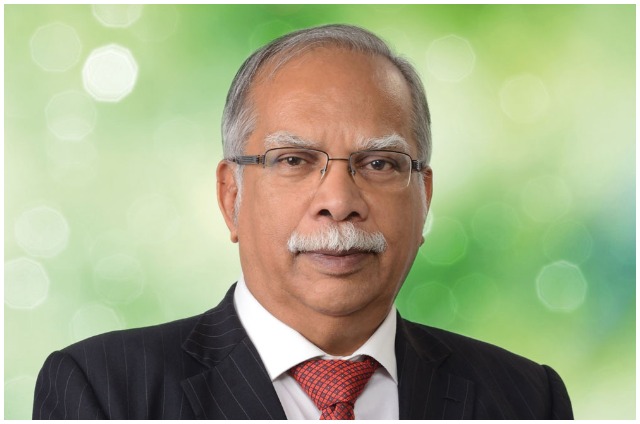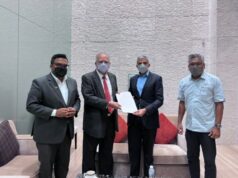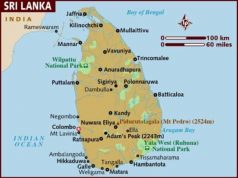

Ending the civil war is great credit that the current Sri Lankan government earned for itself, which provides a peaceful environment for economic development and tourism.
Sri Lanka’s Central Bank said in its latest report that the stage is set for a high growth trajectory over the next few years, starting with the economy rebounding this year, expected at 7.5 percent compared with last year’s 6.4 percent.
Sri Lankan President Mahinda Rajapaksa who was present at the launch of the report called for “positivism” from all if Sri Lanka was to leapfrog to greater socioeconomic prosperity amidst serious global and local challenges.
“People who are prone to criticize will most likely harp on the fact that GDP growth in 2012 has come down to 6.4 percent from 8 percent in the previous year. However they won’t take into consideration the serious challenges within which growth was achieved,” Rajapaksa said.
The Indian Ocean island also has witnessed an increasing number of tourists coming to the country since the end of the war.
Tourist arrivals exceeded 1 million in a calendar year for the first time in 2012, earning Sri Lanka more than US$1 billion. The Sri Lankan government has set a target of 1.25 million tourists for 2013 as part of a strategy to attract 2.5 million tourists by 2016.
Meanwhile, the International Monetary Fund (IMF) has predicted “broadly stable” growth for Sri Lanka in the next two years with gross domestic product (GDP) for 2013 pinned at 6.3 percent, the organization said in its latest report.
Releasing the Asia Pacific Region’s Economic Outlook, the IMF also projected the Sri Lankan economy to grow by 6.7 percent in 2014. The estimate of 6.3 percent for 2013 is far below the Sri Lankan Central Bank’s forecast of 7.5 percent.
Latest forecast also puts Sri Lanka’s growth above the average of South Asia, the GDP of which is estimated to grow by 5.7 percent in 2013 and 6.3 percent next year. The Saturday celebration, however, as previous ones, continued to be marred by allegations of human rights abuses and failure to hold accountable those accused of committing war crimes.
Opposition minority Tamil political parties and human rights groups have noted that during and soon after the war hundreds of Tamils went missing. The Tamil National Alliance (TNA), a key Tamil political party in Sri Lanka,
said that there are conflicting reports on the number of civilians killed during the war with some in the government placing the figure at 5,0007,000 and others placing it at 40,000-70,000.


He told his troops at a function last month that pro-Tamil Tiger groups have been very active overseas even after the military defeated the rebels four years ago.
Sri Lankan Army Commander Lieutenant General Jagath Jayasuriya said this week that Sri Lanka is prepared to conduct investigations into the war crimes alleged to have been committed by the security forces, if the charges are backed with evidence.
“However, the Tamil diaspora are engaged in presenting false information regarding the local security forces, for their own survival. They attempt to portray that Sri Lanka is not a safe country for the Tamil people. The aim of the diaspora is to remain in foreign lands. If their charges were proven to be false, they will be compelled to return to Sri Lanka,” state radio quoted Jayasuriya as saying.
With a key Commonwealth summit scheduled to be held in Sri Lanka in November, the pressure on Sri Lanka will no doubt continue to build as some Commonwealth countries have insisted they want to see progress in the human rights issue before the summit.
The Tamil diaspora say they will continue to push for a boycott of the Commonwealth summit as, according to them, Sri Lanka has failed to address key human rights issues.
– BERNAMA










